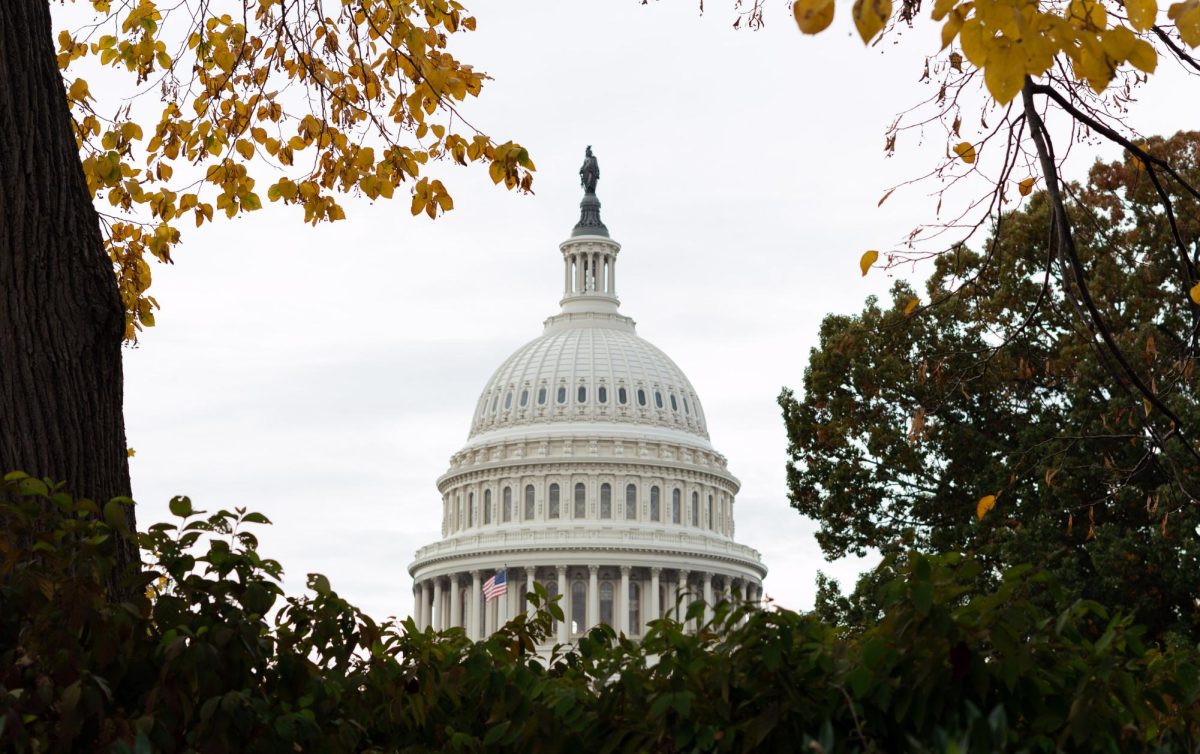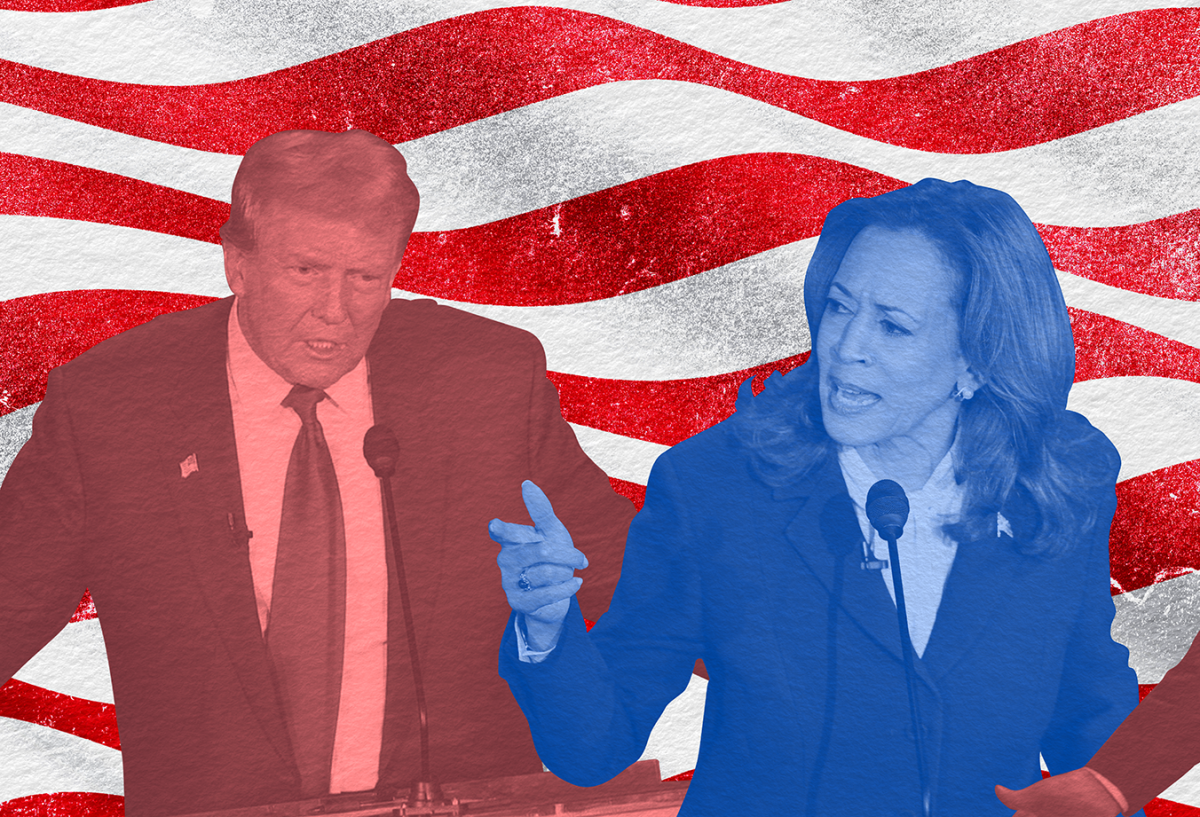During the era of the Dual-Monarchy, violence was nothing short of routine in the legislative process.
Brawn was as necessary for the passage of any action as brain. Mark Twain called it the “customary pandemonium” of the Imperial Council.
The British Parliament today is rather chaotic compared to the banal procedures of the House of Representatives. It hasn’t quite stooped into kinetic agitation, but it’s certainly far more exciting for the onlooker.
C-SPAN is a rather boring viewing experience. Too seldom are the passionate outbursts that spill into the physical realm or the lively debates that become proper altercations.
We are, though, regressing unevenly into madness. In a single day, the House and Senate Republican caucuses proved that much.
By mid-day on Nov. 14:
Senator Markwayne Mullin of Oklahoma appeared to invite Teamsters president Sean O’Brien to a duel during a hearing; ousted Speaker of the House Kevin McCarthy ostensibly shouldered Rep. Tim Burchett of Tennessee while speaking with a reporter; and our own Rep. Jamie Comer used profane language and schoolyard insults during a verbal battle with Rep. Jared Moskowitz of Florida.
It was all rather mild, but a reminder that The People’s House is populated with painfully unserious individuals who have little stake in the continuation of this union.
The last time the Congress neglected the rules of decorum so flagrantly was in the months and weeks preceding the Civil War. It was under the threat of violence that abolitionist Congressmen were made to stay quiet, and fighting back would either lose them re-election or create a feedback loop of brutality.
Legislative violence is a very slippery slope and a powerful tool for the party of Donald Trump. The GOP is now convinced that firebrand, guerilla style politicking is the most effective way to achieve their sordid goals.
It was bad for democracy on Jan. 6, 2021, when Donald Trump incited a riot in the Capital. It will be worse when his acolytes turn the halls of Congress into a battlefield for their diminutive bouts of infighting and outfighting.
There is a funny trend which underscores this commentary — voters rarely like Congress as an institution, but they tend to love their own representatives. Mullin and Comer are heavily favored to win re-election next year — McCarthy decided to cut his losses and not run again.
It’s unlikely that any of these outbursts will be meaningfully punished. And why should they? They’re now the norm in Washington, where demagoguery and threats are the new playbook. You’ve got to be an exceptionally bad scam artist for Congress to ever do anything to reprimand you.
Slavery wasn’t abolished with censures and neither could civility keep the union together.
This is a fragile moment. I don’t think we’re on the brink of collapse, but the cracks in our institutions are widening. Civility is not a virtue in and of itself but the side which scorns it outright will be responsible when things come tumbling down.





























































































































































